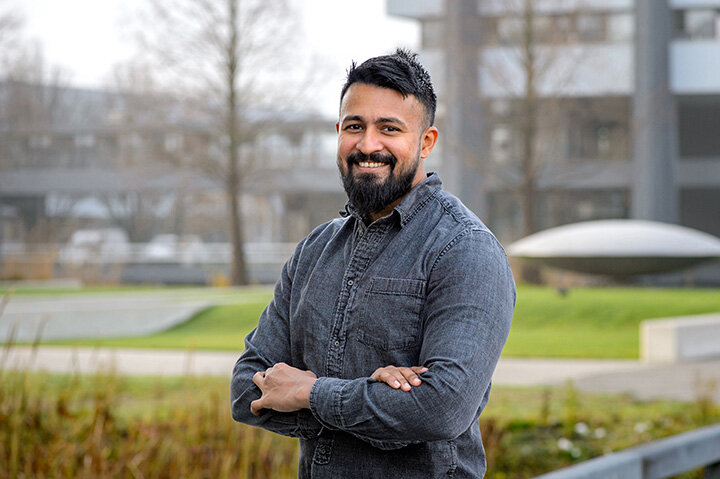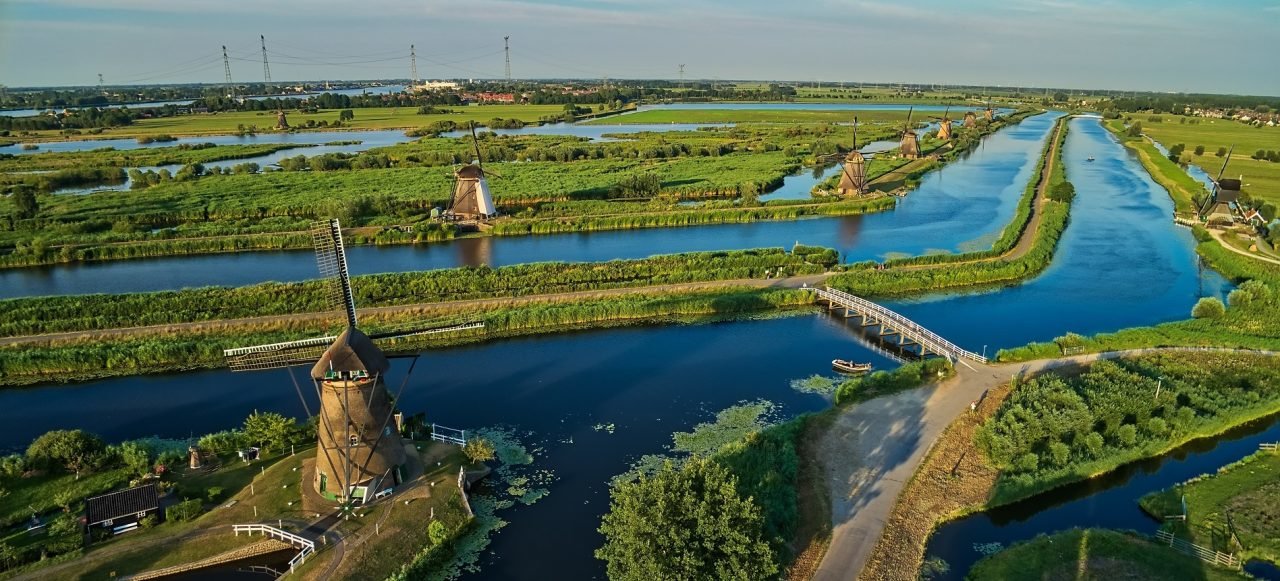Paramaribo: creating solutions together
Because of climate change, Suriname is being affected by more frequent, disruptive, flooding. With the Dutch government and Deltares, the Surinamese government and institutes of higher education are working on knowledge exchange and solutions for a more robust drainage system.
Because of climate change, Suriname is affected more often by excess water. Spring tides lead to coastal flooding, bringing salt water land inwards in some places, with all the negative consequences for sectors such as agriculture. Heavy rains and excess water completely flooded villages in parts of the interior in 2022. And some areas in the capital, Paramaribo, also suffer regularly from nuisance flooding. This all prompted a focus on water and climate as part of the Makandra programme, which brings together Surinamese and Dutch government agencies.
Urban resilience
In 2023, with a team from the Ministry of Public Works, the Anton de Kom University of Suriname, Deltares and Rijkswaterstaat launched a joint Surinamese and Dutch Water, Soil and Climate programme to survey the knowledge and information available in this domain. The aim of the programme is to establish a long-term relationship and collaboration between Surinamese and Dutch parties. It will involve working together on a range of themes, including urban resilience, coastal zone management, and management and maintenance.
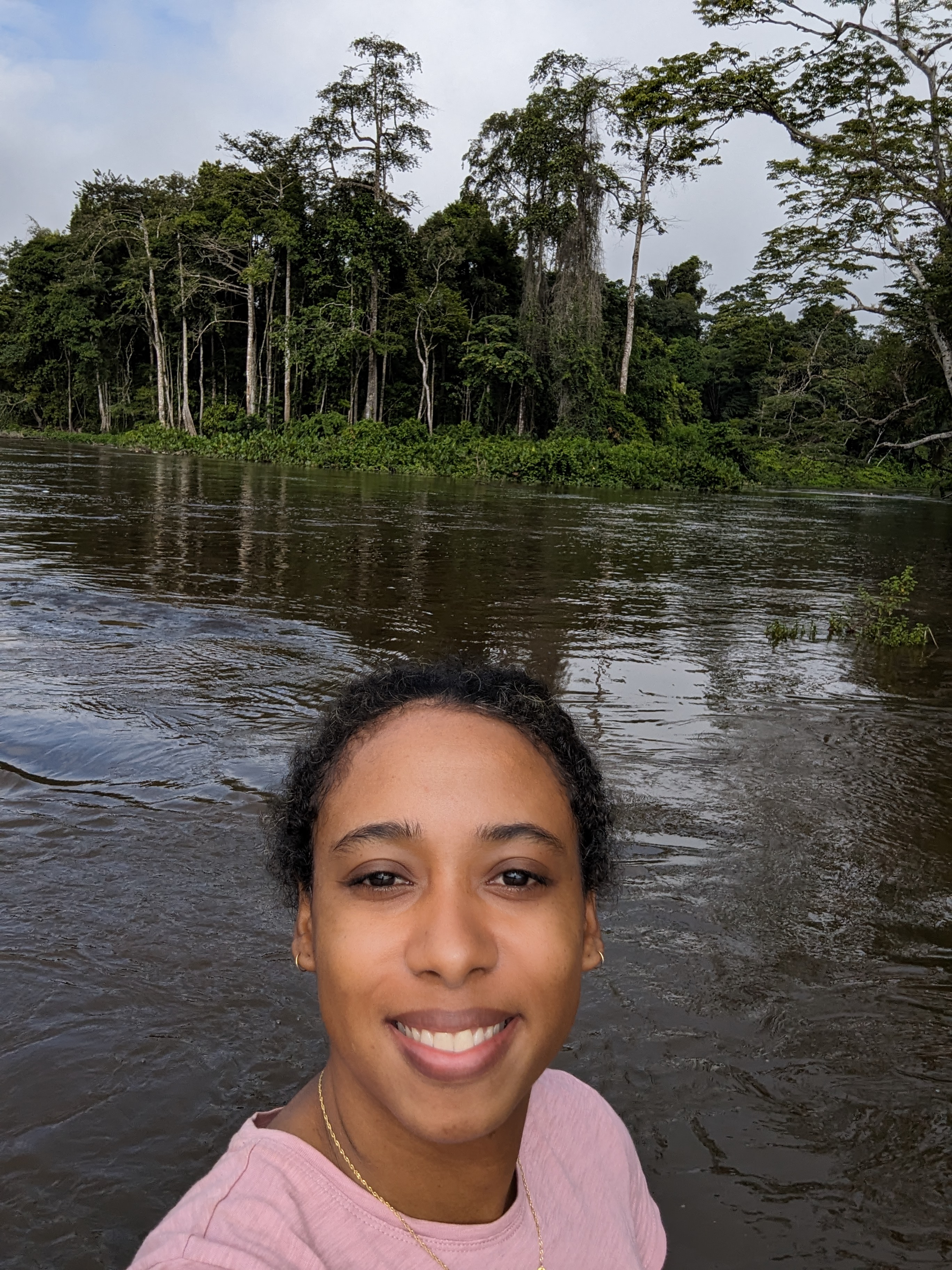
‘Climate has the attention of residents and government’
Ginny Bijnaar is involved in the joint programme as a researcher at the Anton de Kom University. She studies the coastal dynamics of Suriname and is also a lecturer in the Department of Geosciences at the Faculty of Technological Sciences.
Read the story
‘Climate has the attention of residents and government’
Ginny Bijnaar is involved in the joint programme as a researcher at the Anton de Kom University. She studies the coastal dynamics of Suriname and is also a lecturer in the Department of Geosciences at the Faculty of Technological Sciences.
‘In 2022, we had intense rainfall in the interior; last April, there was a short period of heavy rain in Paramaribo. It was the worst flooding in the city that I have seen. Schools were forced to close and people couldn’t leave their homes because of the water. Near my house, the water was up to twenty centimetres deep. Because of the tropical climate, vegetation grows rapidly, clogging gutters and watercourses in a short time.’
Link in the chain
‘We were the only university asked to participate in the joint Water, Soil and Climate programme. When the Deltares team was here, I focused mainly on preparing for the GIS course we organised together for staff at the Ministry of Public Works. In addition, I work with a team of enthusiastic students on producing maps, data collection and management.
Deltares acts as link in the chain between the staff involved: the engineers on one hand and the government officials who transform the results into policy and implementation on the other. These links mean there are more contacts between the Ministry and the University and we both know what the other is doing. I can see how we are making advances. After that heavy flooding last year, there is now more frequent maintenance on the watercourses. There was another cloudburst recently but the water on the streets drained away quickly. We are not there yet, but the changing climate now has the attention of residents and the government.’
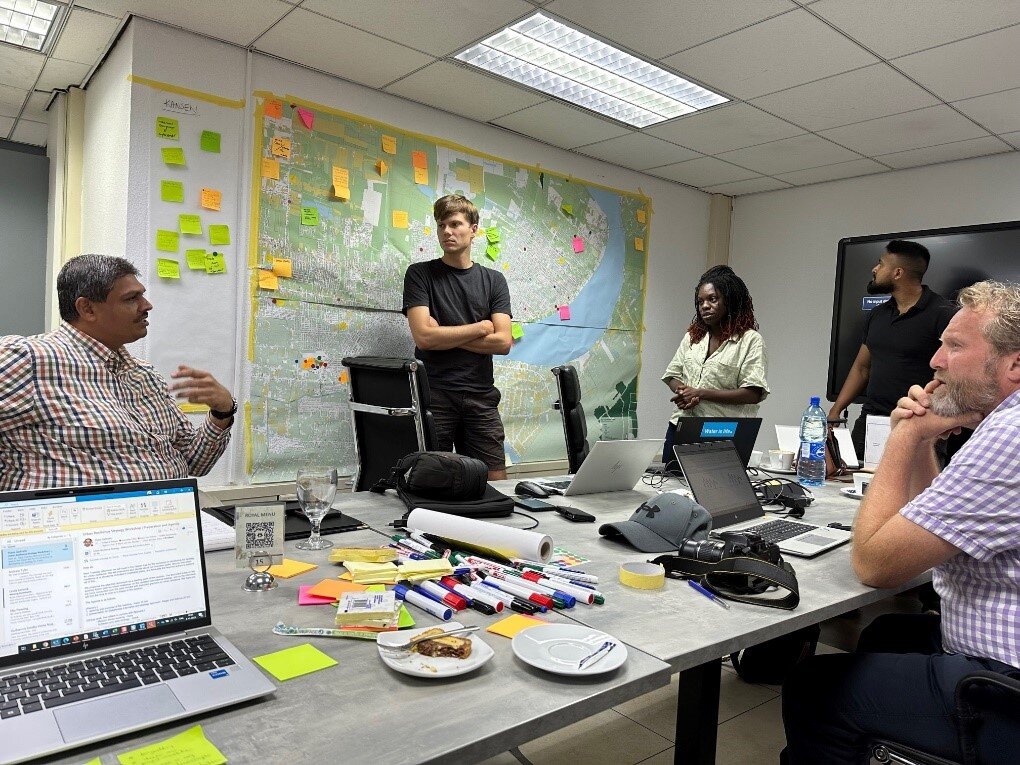
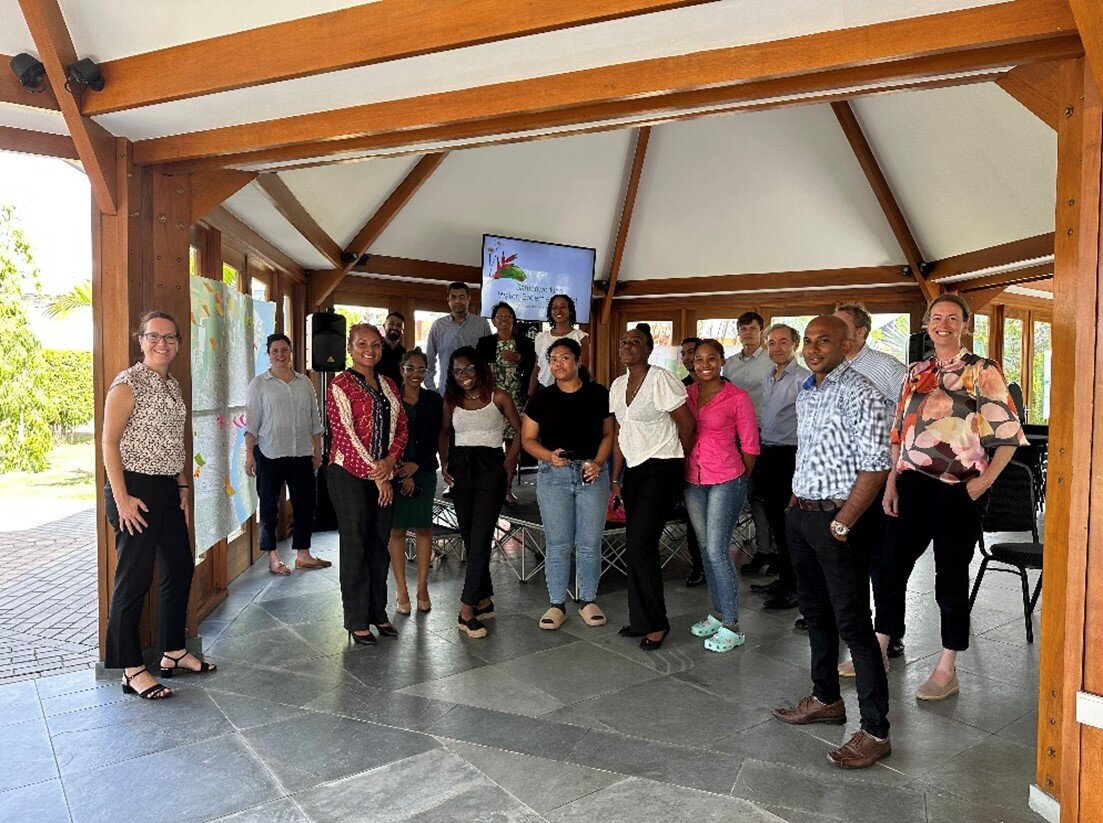

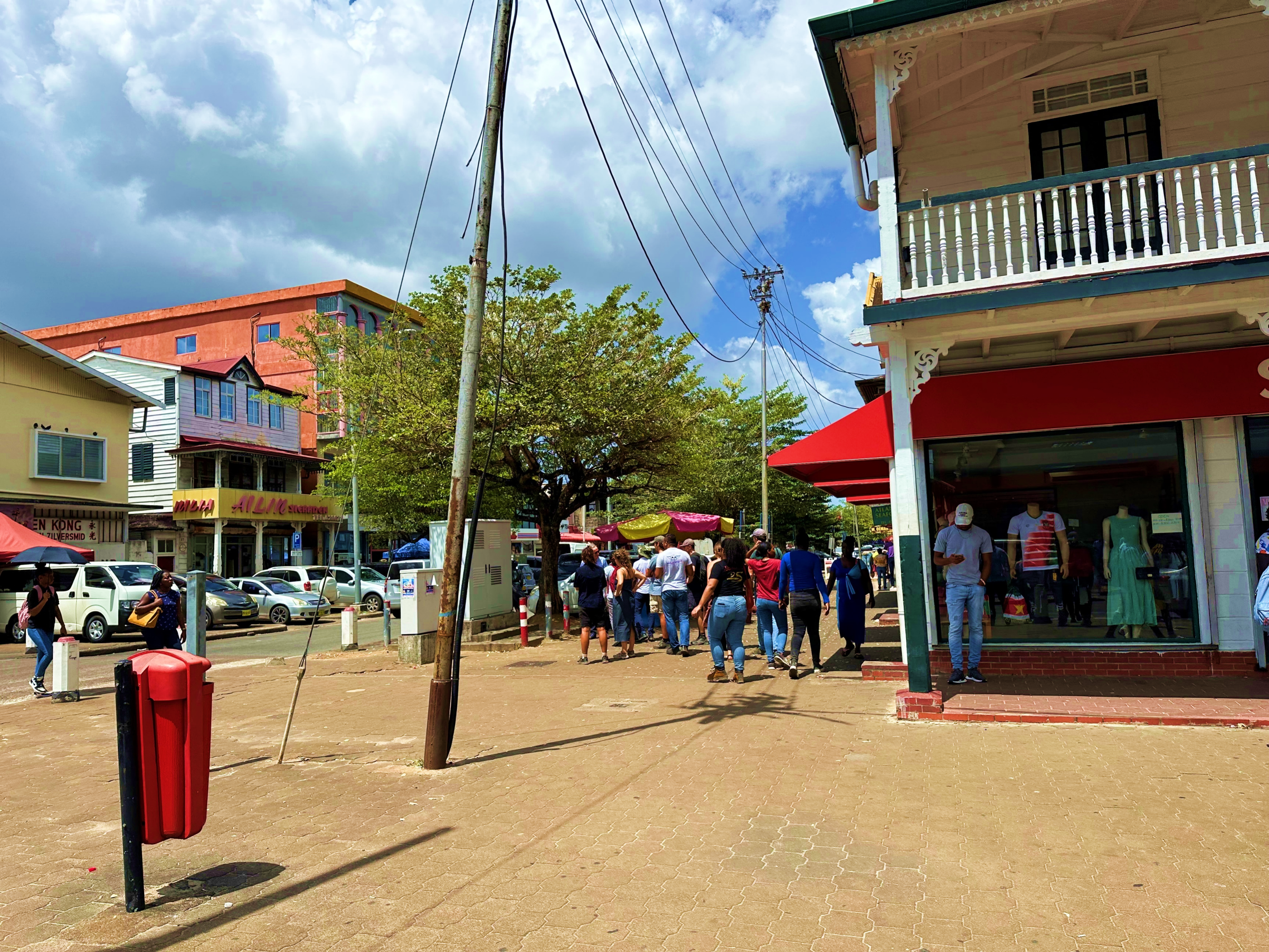
Master plan
‘Another major project, which is currently in the final phase, focuses on Greater Paramaribo, an area that has a lot of problems with water,’ says Satish Mohan, director of Civil Engineering at the Ministry of Public Works. This research, which was funded by a loan from the World Bank, involves designing a Drainage Master Plan for Greater Paramaribo. ‘The study looked primarily at the drainage system in Paramaribo. What is the condition of the system? Which basic data are available and how can we update that? Where are the drains? The operation of the system was analysed and possible improvements for the short and longer terms were studied. And this work is badly needed because Suriname’s average daily rainfall is sixty millimetres and the drainage system can only handle half of that. If it rains for two days, there is even more inconvenience.’
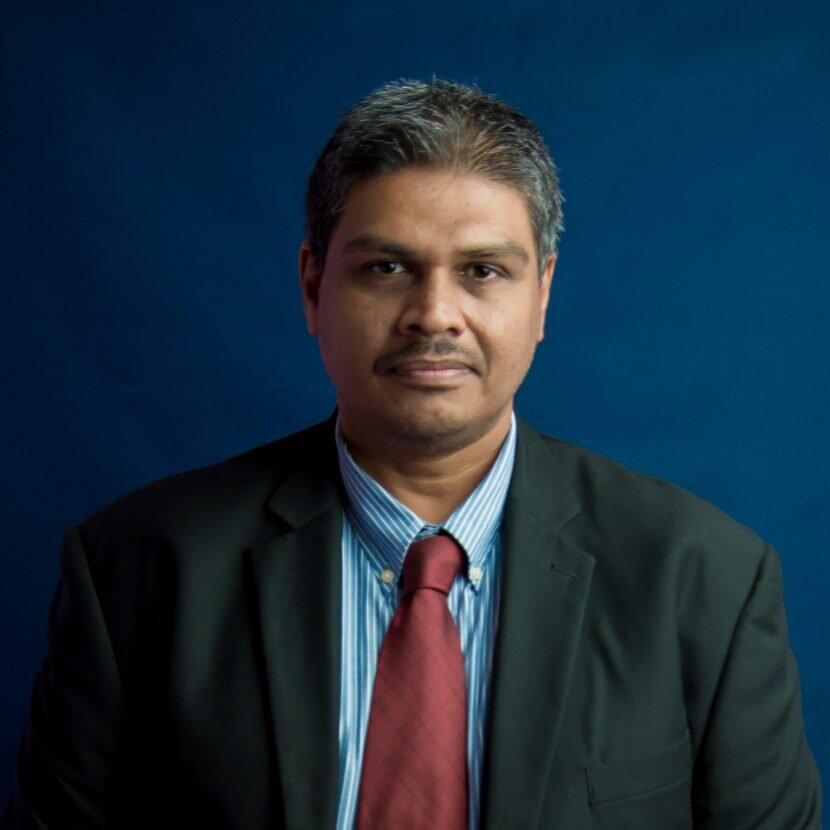
Satish Mohan
Director of Civil Engineering of the Ministry of Public Works Suriname
The projects complement each other: as part of the joint programme, water/groundwater measurements were conducted at various locations in Paramaribo by a team from Deltares and the Anton de Kom University of Suriname.
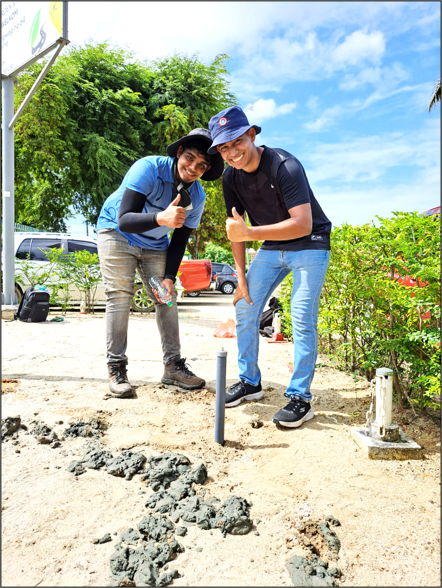
Drainage system
The study shows that a lot of money is needed to keep the drainage system operational. Mohan: ‘Maintenance and management costs fifteen to twenty million US dollars a year. To invest in improvements, we need to invest another ninety million in the years ahead.’ The size of the area, six hundred square kilometres, is a problem. Built-up areas alternate with vacant sections. ‘It’s impossible to tackle the entire area. So we want to implement improvements step by step.’
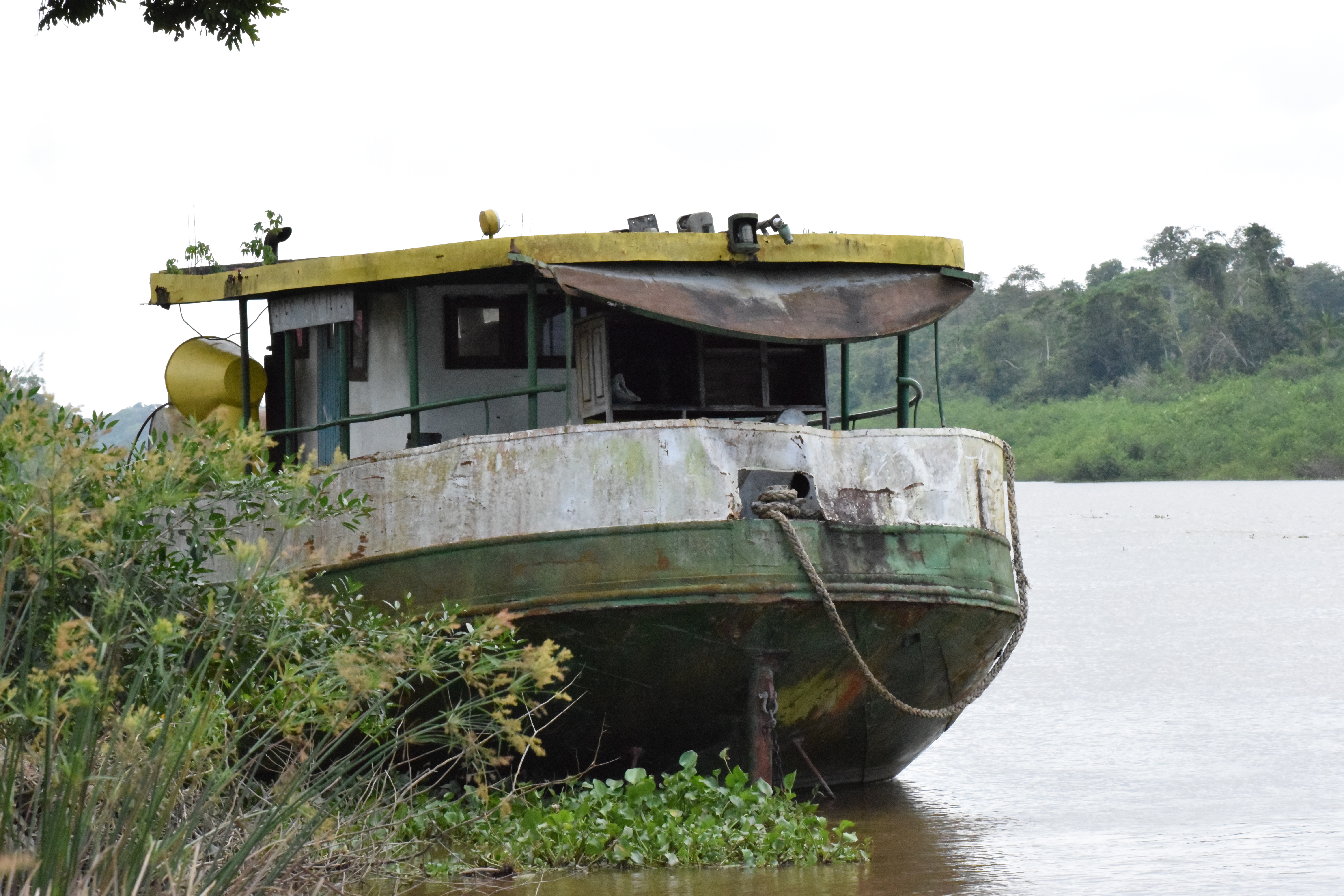
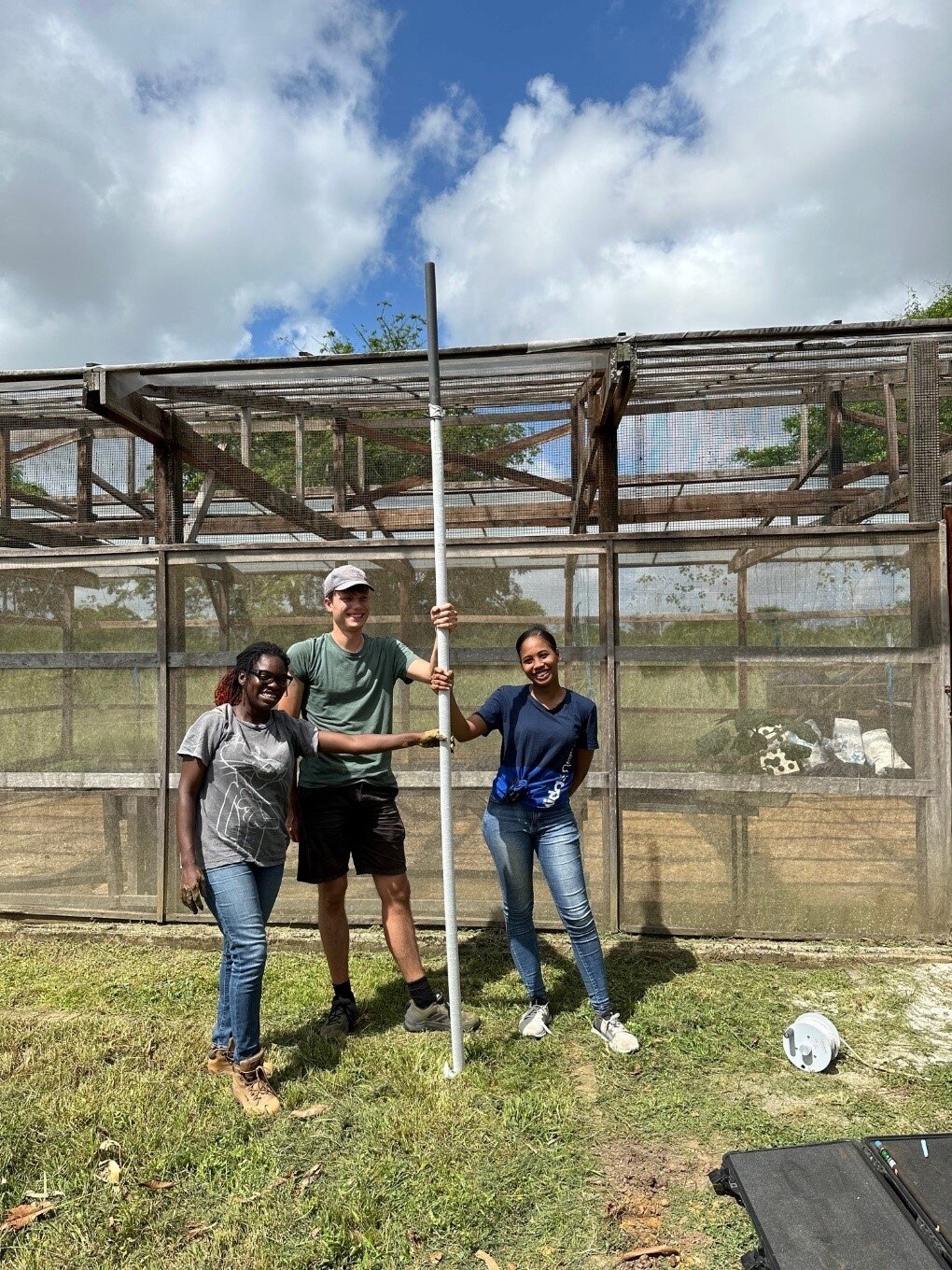
Concrete projects
The first concrete projects covered by World Bank funding have begun. The centre of Paramaribo, for example, has suffered from nuisance flooding for years. ‘There are only a limited number of drain connections. Installing more will allow us to drain off water faster. And that is important: every activity in Paramaribo has an effect on water and soil. That applies to transport through the city and maintaining access to schools. And our teaching hospital is also in an area that is sometimes inundated.’
Deltares is mapping out the situation with the help of specialists and digital applications. ‘They worked with the Ministry to help the staff by producing maps with a geographic information system (GIS) so they can manage, analyse and share data with others. In addition, Deltares already had contacts with the University and we suggested working together more. ‘And that interaction works. Guest lectures have already been given by experts from the University about the infrastructure and they are training our people who are learning to work with the digital applications we are using as part of the drainage study.’
Makandra
In addition, the Ministry of Public Works works closely with other ministries such as Spatial Planning and the Environment. ‘A range of projects are running side by side and we try to support and complement each other. In addition, our job is to inform society as a whole that we cannot fix everything overnight. It takes years to establish a higher level of protection of, for example, one major flood every ten years.’ This is only possible if there is concerted action. ‘And that is also the heart of the project. Makandra in Surinamese means “together” and that is what the programme wants to convey: arriving jointly at solutions by exchanging knowledge,’ concludes Mohan.
